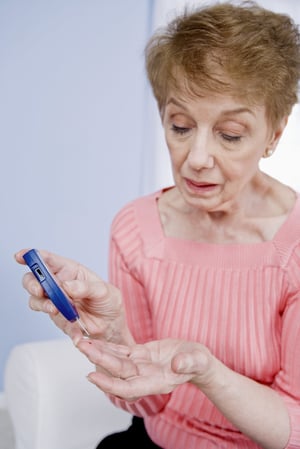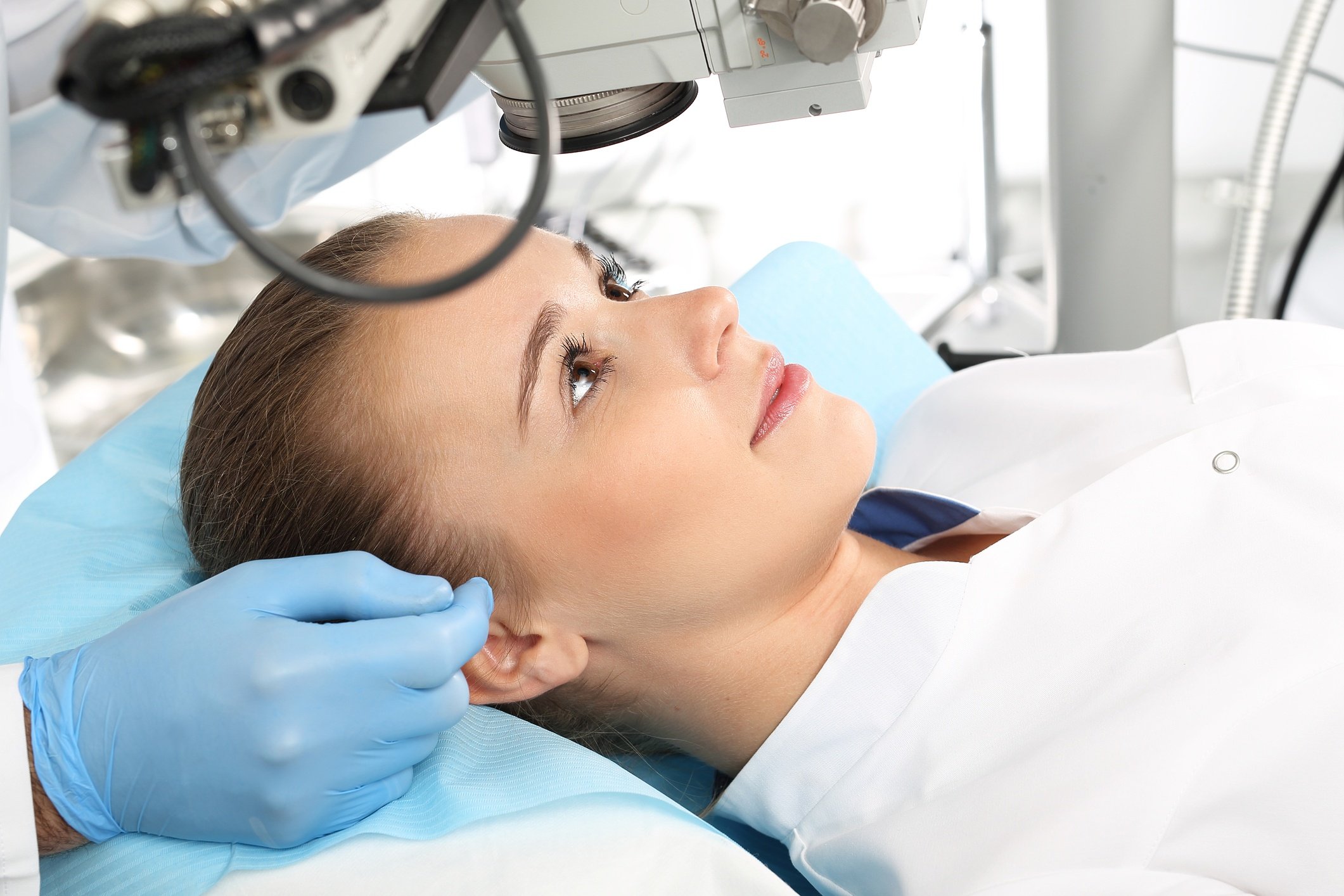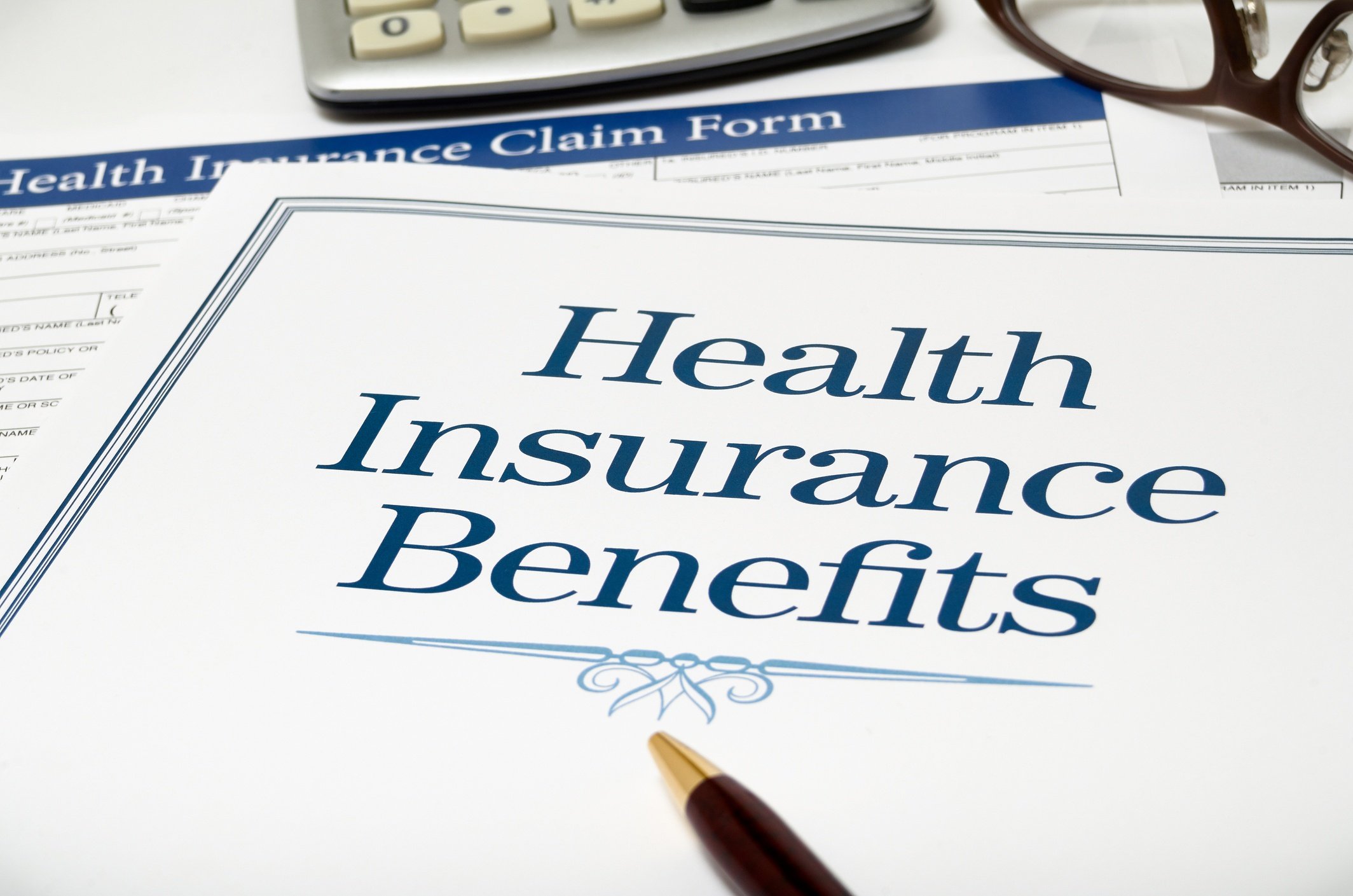Common Causes of Dry Eyes
Dry eyes can be a temporary or chronic condition. It happens when you don’t have sufficient tears to lubricate the eyes and the eyelid. It can also be due to poorly made tears. Without the cleansing and lubrication of tears, you may experience a feeling of grit or debris in your eyes, blurred vision, tired eyes, and sensitivity to light.
There are quite a few underlying causes for dry eyes. I’ve grouped them into four major categories: aging, medical conditions, medications, and environmental causes.
Aging
The National Eye Institute’s Facts About Dry Eye estimates that nearly 5 million Americans over age 50 have dry eye. They also note that of those, nearly 3 million are women. Menopause and its related changes can bring about dry eye. In fact the majority of people over age 65 experience dry eyes.
I also like the article in Review of Optometry titled “A Lifetime of Dry Eye.” It covers dry eye as it impacts children and at each following life stage up to your 70s and 80s.
Medical Conditions
 Diseases of the glands in the eyelids can cause dry eyes as can autoimmune disorders such as Sjögren’s Syndrome, lupus, and rheumatoid arthritis. Diabetes, radiation therapy, vitamin A deficiency, and refractive eye surgeries can also cause dry eyes.
Diseases of the glands in the eyelids can cause dry eyes as can autoimmune disorders such as Sjögren’s Syndrome, lupus, and rheumatoid arthritis. Diabetes, radiation therapy, vitamin A deficiency, and refractive eye surgeries can also cause dry eyes.
I’ve written about diabetes and arthritis in my post “Do Dry Eyes Point to Arthritis, Diabetes, or Other Health Risks?” You can also find more at “Diabetes and Dry Eye: The Forgotten Connection.”
Skin diseases such as shingles can bring on dry eyes. As can Bell’s palsy. Pregnancy and the related hormonal changes are also a cause of dry eyes.
Thyroid disease can cause the eye to protrude, which leads to the drying of the eye. This can also be caused by cosmetic surgery that opens the eyelids too wide. Plus, eyelid problems such as turning outward or inward can cause dry eyes.
Long term use of contact lenses can also be a factor, as can allergies. And, we’ve got allergies in North Texas!
Medications
Quite a few medications can generate the side effect of dry eyes. This includes nasal decongestants, birth control pills, antihistamines, tranquilizers, blood pressure medications, sleeping pills, pain relievers, acne medications, and antidepressants. Women on hormone replacement therapy may also experience dry eye.
For further background the Review of Cornea and Contact Lenses has an excellent article titled “Which Oral Meds Cause Dry Eye?”
Environment
Exposure to tobacco smoke, chemical fumes, and even heating and air conditioning drafts can cause dry eyes. As can a dry or windy climate, which includes Dallas.
Staring at a computer screen for long periods of time can cause dry eyes because of infrequent blinking.
For more information, I recommend Medical News Today’s “What is dry eye syndrome? What causes dry eye syndrome?”
Vision Source Plano Can Help
We can most definitely help alleviate the effects of dry eye no matter the underlying cause.
In my 30+ years treating dry eye, I’ve worked with many, many patients to bring them relief and develop a long term treatment program.
The first step is to give us a call at 972-612-2099.
Disclaimer: The content on this blog is not intended to be a substitute for professional medical advice, diagnosis, or treatment. Always seek the advice of qualified health providers with questions you may have regarding medical conditions.








